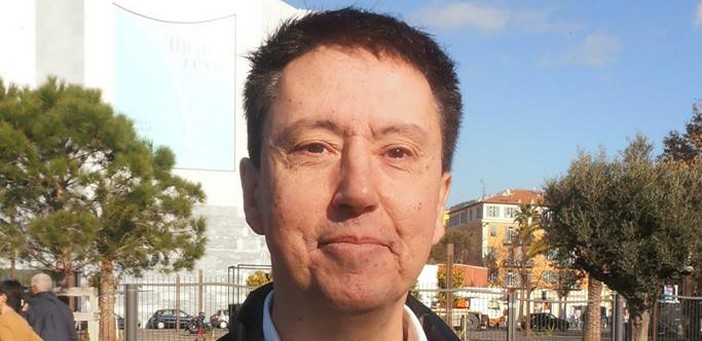In a modern democracy, organizing a primary to designate the candidate who will represent a political faction in the presidential election is a, at first glance, appealing principle. Having set this theoretical preamble, let’s examine the subject more cautiously.
Determining the concrete modalities of the process is an essential prerequisite. Safeguards are necessary to prevent the primary from being hijacked by a political apparatus or a candidate. Claiming to gather as broadly as possible, beyond one’s original family, and not immediately proposing a collegial organization to steer the operation seems paradoxical. Without casting aspersions, let’s admit that the temptation for a party or a faction to influence the outcome in advance is not formally excluded.
Let’s assume that the practical modalities receive the approval of a majority and delve into the core of the subject: What is the point of a primary? Today, the pre-campaign resembles more of a casting for candidates than a genuine debate on values or a project. To paraphrase a current advertisement for a bank: I dream of an open primary that addresses the core issues…
Candidates, declared or presumed, are beginning to form teams. The motivations of participants are driven by different criteria, which sometimes resemble personal interests or career plans. An unsettling question arises: are latecomer endorsements at risk of carrying less weight when it’s time to divide the spoils of power?
The strategy and positioning of some give rise to questions or misunderstandings. Let’s take François Bayrou, the president of the “Democratic” party, as an example. Without participating personally, his declared support for a candidate, Alain Juppé, positions him as a key player in the primary’s scenario. He plays the game but does not accept all the rules. At the final whistle, he will only support one possible winner, his own candidate, and no one else… especially not Nicolas Sarkozy. The defeat of his champion would grant him the freedom for a fourth bid for the highest office.
The question of participation in the primary arises within the Radical Party. Why not address the issue of the necessary political alternation in our country, not in terms of individuals, but through a genuine programmatic debate? Let us not reduce democracy to a “Secret Story”-style casting with a mysterious backdrop of hidden agendas.
Hervé CAEL, president of the Radical Party 06


